
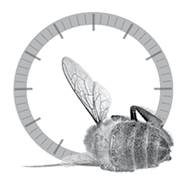




2020 University of Regina Press.
All rights reserved. No part of this work covered by the copyrights hereon may be reproduced or used in any form or by any meansgraphic, electronic, or mechanicalwithout the prior written permission of the publisher. Any request for photocopying, recording, taping, or placement in information storage and retrieval systems of any sort shall be directed in writing to Access Copyright.
Printed and bound in Canada at Marquis. The text of this book is printed on 100% post-consumer recycled paper with earth-friendly vegetable-based inks.
Cover art: Zifferblatt abstrakt by Saimanfoto/Adobe Stock and Dead Honey Bee by Protasov AN /Shutterstock.
Cover design: Duncan Noel Campbell, University of Regina Press
Copy Editor: Nadine Coderre
proofreader: Rachel Taylor
indexer: Sergey Lobachev, Brookfield Indexing Services
Library and Archives Canada Cataloguing in Publication
Title: Natures broken clocks : reimagining time in the face of the environmental crisis / Paul Huebener.
Names: Huebener, Paul, author.
Description: Includes bibliographical references and index.
Identifiers: Canadiana (print) 20190235969 | Canadiana (ebook) 20190236035 | ISBN 9780889777125 (softcover) | ISBN 9780889777149 (hardcover ; library edition) | ISBN 9780889777163 ( PDF ) | ISBN 9780889777187 ( HTML )
Subjects: LCSH : TimeSocial aspects. | LCSH : Ecocriticism. | LCSH : Time in literature. | LCSH : Environmental degradation. | LCSH : Human ecology.
Classification : LCC HM 656 . H 84 2020 | DDC 304.2/37dc2
9 8 7 6 5 4 3 2 1
 University of Regina Press, University of Regina Regina, Saskatchewan, Canada, s4s 0a2 tel: (306) 585-4758 fax: (306) 585-4699 web: www.uofrpress.ca
University of Regina Press, University of Regina Regina, Saskatchewan, Canada, s4s 0a2 tel: (306) 585-4758 fax: (306) 585-4699 web: www.uofrpress.ca
We acknowledge the support of the Canada Council for the Arts for our publishing program. We acknowledge the financial support of the Government of Canada. / Nous reconnaissons lappui financier du gouvernement du Canada. This publication was made possible with support from Creative Saskatchewans Book Publishing Production Grant Program.



Clock Five
The Arctic Alligator Swamp
By now it is clear that our narratives of time are vitally important for shaping our relationships with the natural world; yet, as some of the earlier chapters have also revealed, human beings do not have complete autonomy over these narratives. We live in a world that is not just social and cultural but also ecological, and in many ways the ecosphere is a co-author, as it were, of our stories of time. This notion has unfolded through reflections on king crabs and grolar bears, Higgs bosons and the wobbling of the planet, each of which plays an evolving role in the stories we tell about the time of the world.
This final chapter will zoom out, one last time, to see how far we can push against the frame of our picture of natural time. An imaginative awareness of the Anthropocene and its contexts can confirm the immense stakes and the vital necessity of examining the everyday practices of narrative. Thinking about the deep past and the deep future can open up a vision of the deep present, so to speak, in which our own time must be understood in relation to untold ages. Within such a context, the notion of resilience becomes especially significant. After all, human beings, ecosystems, climate disruptions, and narratives all exhibit degrees of resilience, and the notion of bouncing back and persisting through time is one that we must compete for. As this chapter will show, resilience can thus enable both inspiration and terror. What can grant us more hope, and what can instill more fear, than the idea of something that recovers and recovers again, no matter how much it is disturbed? Much like narratives, the ecological temporalities in which we live are pliable mediums that we can shape to suit our purposes, but they are also forces that extend beyond our control. They shape us as much as we shape them. Seeing ourselves within the deeper context of time and resilience reveals that the earth and the stories we tell about it deserve to be read with both a sense of irony and a sense of respect.
Looking Forward to Climate Change: Resilience as Irony
A recent palaeobiological study describes an enormous flightless bird that lived 50 million years ago in what is now the northern Canadian territory of Nunavut. At that time the Arctic was a hot, swampy environment, home to giant turtles, alligators, primates and hippo-like beasts. If you have been watching for the ultimate ironic perspective on the notion of progress, this might be it.
Eberle, of course, is not announcing a literal return of the conditions of the Eocene epoch. Even if the Arctic alligators in some sense reappear, they will not be the same alligators that are visible within the ancient fossil record, and their environment will not be the same as that of the Eocene. In the living world, cyclical time is never entirely cyclical, and the past never really comes back. Nevertheless, the conceptual link between the Arctic of the deep past and the Arctic of the future involves a strange and perhaps uncomfortable form of resilience. What does it mean for the sustainability or resilience of human societies if the alien ecosystems of the prehistoric earth provide a glimpse of what we can anticipate as carbon combustion gives way to global heat? Bishnupriya Ghosh notes that the etymology of the word resilience from the Latin for rebound or recoilimplies a sense of physical elasticity, involving the capacity to return to a prior state after deformation (in physics) or disturbance (in the biosciences). If ancient human-free ecosystems, or something like them, bounce back due to our carbon emissions, there is a sense in which the concept of resilience becomes our enemy. As we wait for the Arctic alligator swamp, so to speak, we may find that the multiple crises associated with climate change and ecological disruption require us to rethink the links between deep time and everyday time, past and future, progress and regress. Inside the gaping maw of the alligator, that most resilient of creatures, is the sinister challenge that ecological crisis poses to our notions of time and narrative.
Next page
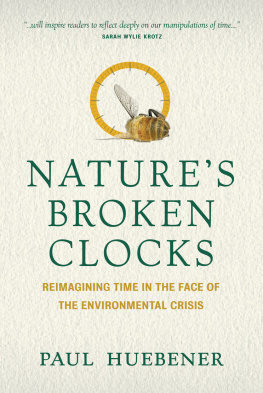
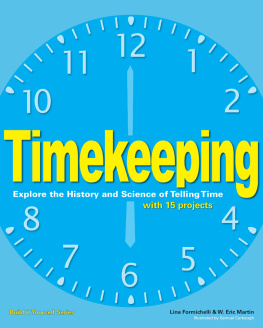

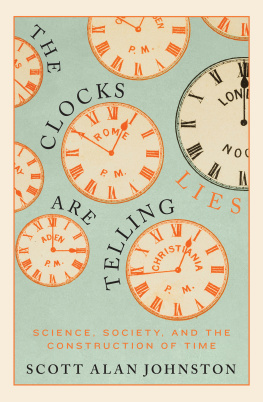
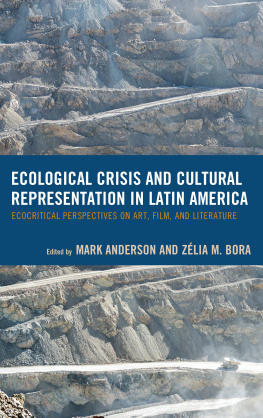
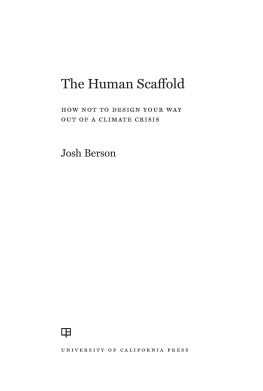
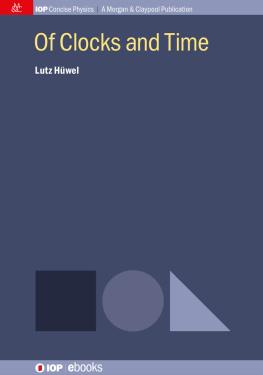
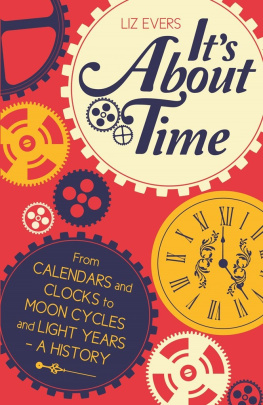
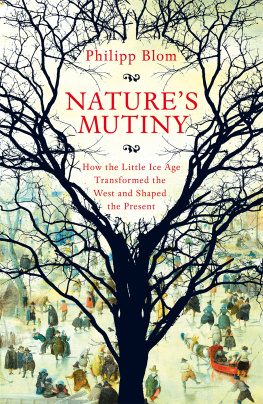






 University of Regina Press, University of Regina Regina, Saskatchewan, Canada, s4s 0a2 tel: (306) 585-4758 fax: (306) 585-4699 web: www.uofrpress.ca
University of Regina Press, University of Regina Regina, Saskatchewan, Canada, s4s 0a2 tel: (306) 585-4758 fax: (306) 585-4699 web: www.uofrpress.ca

